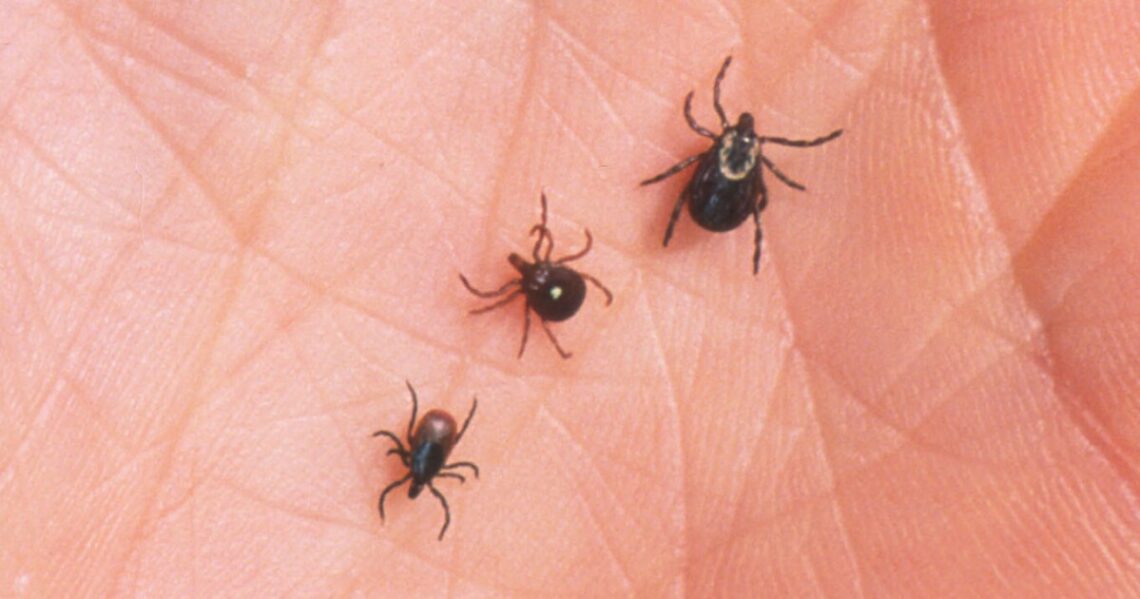There’s an increase in emergency department visits for tick bites this time of year as people spend more time outdoors. Increasingly, these bites are linked to illness, everything from Lyme disease to babesiosis. And, there’s another emerging risk linked to tick bites known as alpha-gal syndrome, which causes a red meat allergy.
Scientists first connected the dots between red meat allergies and tick bites more than a decade ago, when they identified patients who got allergic reactions such as hives or anaphylaxis after eating beef or pork. Most had been bitten by Lone Star ticks.
Now, doctors’ understanding of these allergies has evolved.
“What’s new is that we have patients who really just have GI symptoms,” explains Dr. Sarah McGill, a gastroenterologist at the University of North Carolina. McGill says some alpha-gal syndrome, or AGS, patients feel sick to their stomachs after they eat red meat, but never develop more typical allergic symptoms, such as a rash, swelling or trouble breathing.
McGill has co-authored new guidance for the American Gastroenterological Association to raise awareness about the GI-only onset. She has diagnosed AGS in people who experience abdominal pain, diarrhea, nausea or vomiting about 2 to 6 hours after eating red meat.
That’s exactly what happened to Randy Rayborn, 72, who lives in a rural community in Caswell County, North Carolina. “I figured it was food-poisoning,” Rayborn recalls thinking after his first alpha-gal attack in the fall of 2019. “I woke up in the middle of the night with severe pain and nausea. I had to rush to the restroom,” Rayborn recalls.
He describes the episode as “the most violent upheaval” he’d ever experienced.
Deer and ticks are prevalent near Rayborn’s home. He recalls pulling…
Read the full article here







